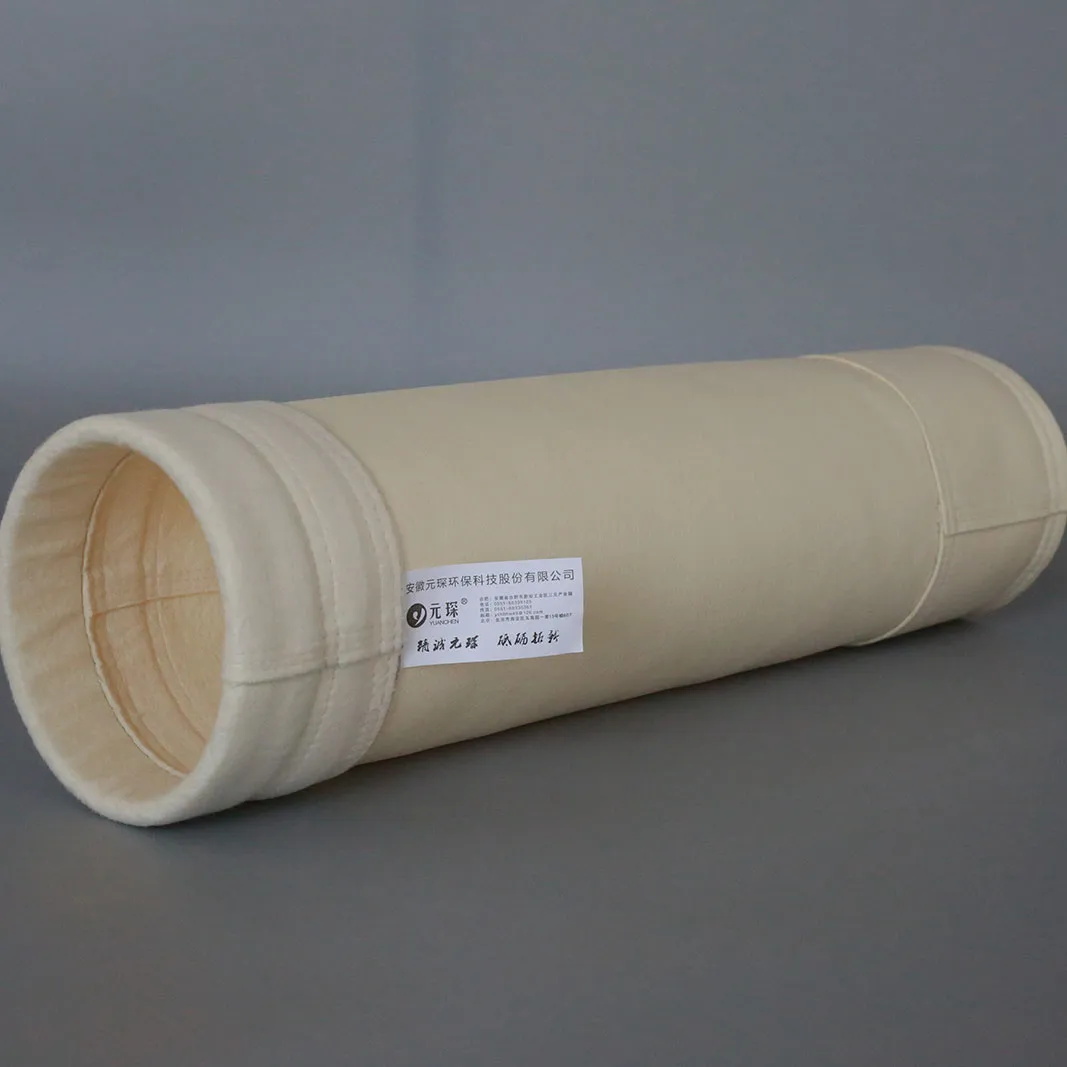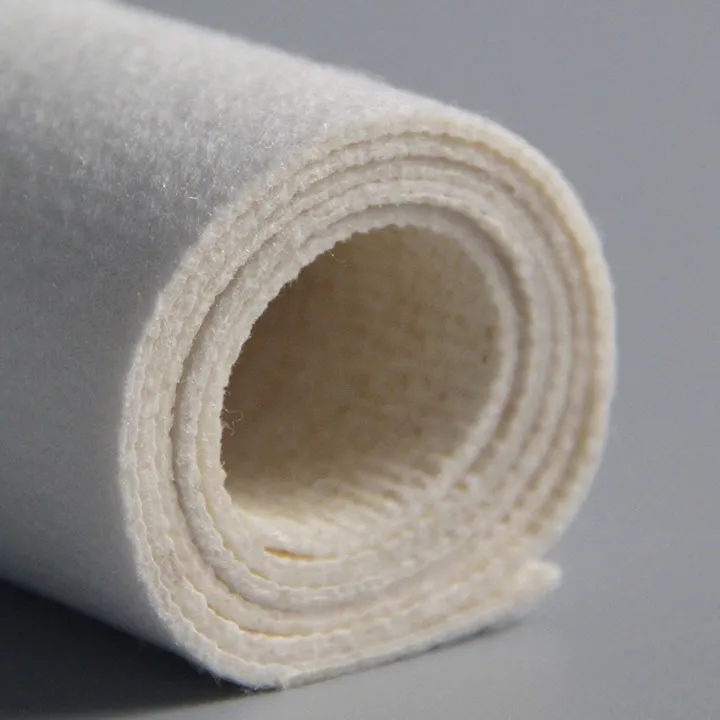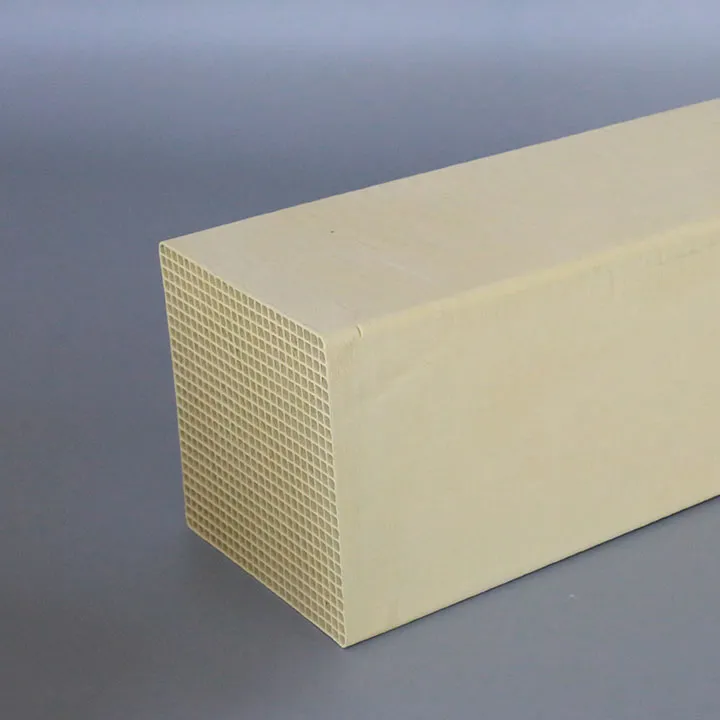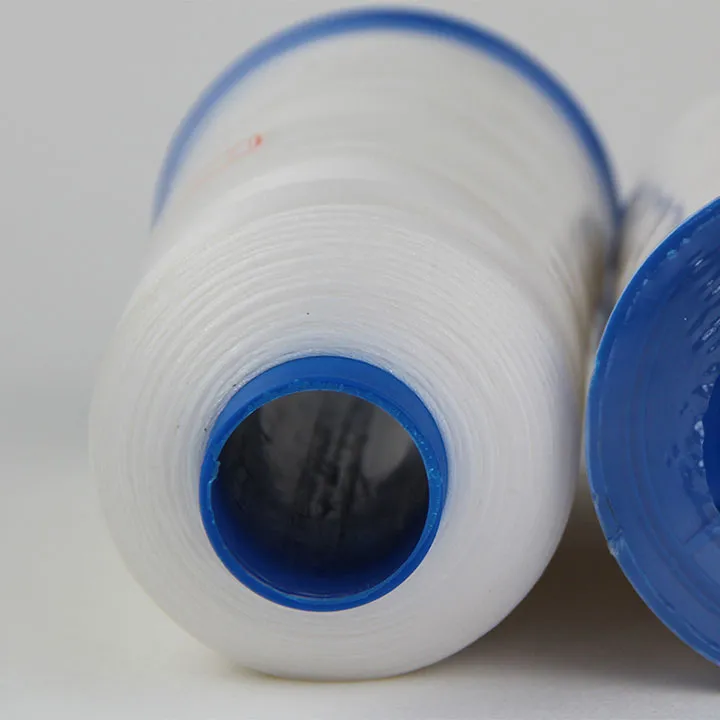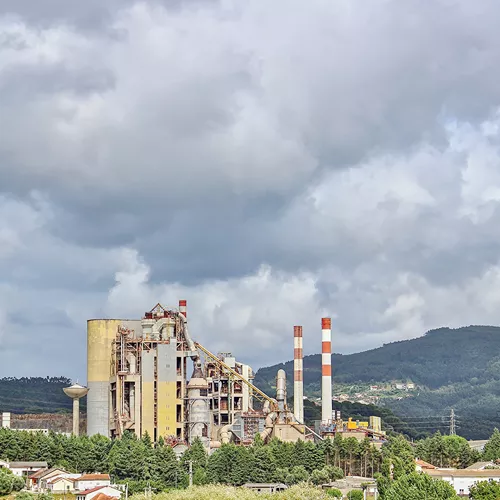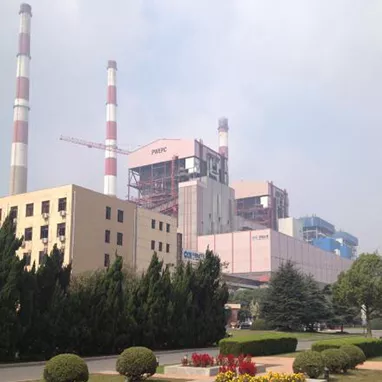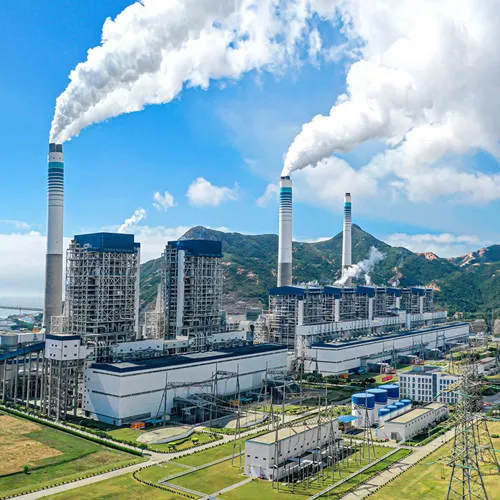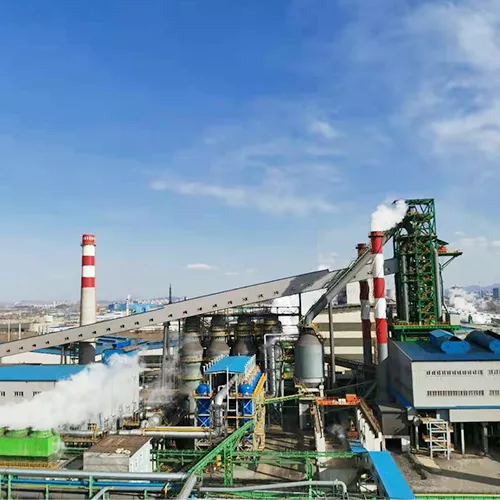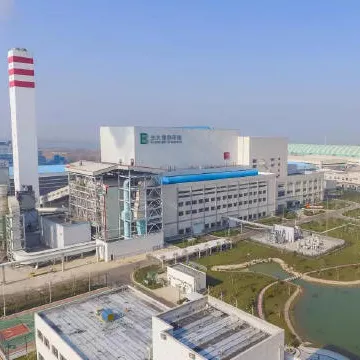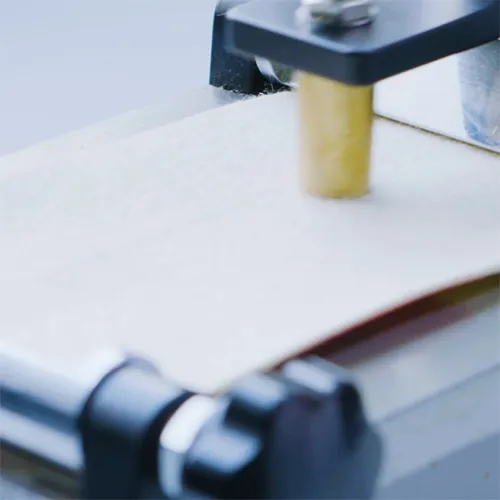مواد کیسه فیلتر گرد و غبار فاش شد: چگونه مناسب ترین ماده را انتخاب کنیم؟
در سیستم های گرد و غبار صنعتی، کیسه های فیلتر اجزای اصلی برای جمع آوری گرد و غبار هستند و مواد آنها مستقیماً بر راندمان فیلتراسیون، عمر تجهیزات و هزینه های عملیاتی تأثیر می گذارد. بسته به محیط استفاده، انتخاب مواد کیسه فیلتر مناسب بسیار مهم است. این مقاله ویژگی ها و سناریوهای قابل اجرا مواد کیسه فیلتر رایج را تجزیه و تحلیل می کند تا به شما کمک کند بهترین انتخاب را پیدا کنید.
1. مواد کیسه فیلتر رایج و ویژگی های آنها
پلی استر
ویژگی ها: محدوده مقاومت در برابر دما زیر 150 ℃، مقاومت در برابر خوردگی شیمیایی ضعیف، اما مقرون به صرفه، مناسب برای شرایط دمایی معمولی است.
سناریوهای قابل اجرا: کارخانه های سیمان، فیلتراسیون عمومی گرد و غبار صنعتی.
PPS (پلی فنیلن سولفید)
ویژگی ها: مقاومت در برابر دمای بالا (تا 190 ℃)، مقاومت در برابر اکسیداسیون، مقاومت در برابر خوردگی اسیدی و قلیایی قوی، و می تواند عملکرد پایدار را در محیط های مرطوب حفظ کند.
سناریوهای قابل اجرا: نیروگاههای زغالسنگ، نیروگاههای سوزاندن زباله و مکانهای دیگر با گازهای دودکش حاوی گوگرد بیشتر
PTFE (پلی تترا فلوئورواتیلن)
ویژگی ها: مقاومت در برابر دما تا 260 درجه سانتیگراد، تقریباً در برابر همه مواد شیمیایی مصون است، با راندمان فیلتراسیون و عمر بسیار بالا، اما هزینه بالا.
سناریوهای قابل اجرا: شرایط کاری بسیار خورنده یا با دمای بالا مانند کارخانههای شیمیایی و کارخانههای ذوب.
اکریلیک
ویژگی ها: مقاومت در برابر درجه حرارت متوسط (حدود 120-150 ℃)، مقاومت در برابر رطوبت خوب و مقاومت در برابر اسید.
سناریوهای قابل اجرا: تصفیه گرد و غبار در صنایع غذایی و دارویی.
فایبرگلاس
ویژگی ها: مقاومت عالی در دمای بالا (حدود 280 ℃)، اما مقاومت خمشی ضعیف، نیاز به حفاظت ویژه برای جلوگیری از آسیب.
سناریوهای قابل اجرا: ذوب فلز، کوره های با دمای بالا و سایر محیط ها.

2. ملاحظات کلیدی برای انتخاب مواد
دمای کاری
هر ماده کیسه فیلتر دارای حد مقاومت دمایی خود است. در صورت استفاده طولانی مدت در محیط های با دمای بیش از حد، کیسه فیلتر به سرعت پیر می شود و یا حتی آسیب می بیند. به عنوان مثال، مواد PTFE یا فایبرگلاس برای محیط های با دمای بالا توصیه می شود.
محیط شیمیایی
کیسه فیلتر باید با مواد شیمیایی موجود در اجزای گاز دودکش مانند گازهای اسیدی، مواد قلیایی یا حلال های آلی سازگار شود. PPS و PTFE در محیط های خوردگی اسیدی و قلیایی عملکرد خوبی دارند.
ویژگی های گرد و غبار
اگر ذرات گرد و غبار درشت یا ساینده هستند، باید ماده ای با مقاومت در برابر سایش بالا مانند الیاف شیشه انتخاب شود.
اگر گرد و غبار ریز است و نیاز به راندمان فیلتراسیون بالایی دارد، می توان یک کیسه فیلتر روکش شده مانند غشای PTFE انتخاب کرد.
هزینه اقتصادی
برای شرکت هایی با بودجه محدود، کیسه های فیلتر پلی استر را می توان انتخاب کرد، اما محدودیت های آنها در محیط های سخت باید در نظر گرفته شود.
3. توصیه های مواد برای زمینه های مختلف صنعتی
صنعت برق
عمدتاً محیط های با دمای بالا و گوگرد بالا، کیسه های فیلتر PPS یا کیسه های فیلتر الیاف شیشه ای برای اطمینان از دوام و تحمل اسید پس از گوگردزدایی توصیه می شود.
صنعت سیمان
ذرات گرد و غبار درشت هستند و درجه حرارت بالا مکرر است. کیسه های فیلتر الیاف شیشه یا الیاف شیشه ای پوشش داده شده باید برای مقابله با سایش و چالش های دمای بالا انتخاب شوند.
صنایع شیمیایی
هنگامی که گازهای خورنده نیاز به کار دارند، کیسه های فیلتر PTFE با مقاومت شیمیایی بی نظیر و قابلیت های ضد آلودگی بهترین انتخاب هستند.
مواد غذایی و دارویی
محیط به تمیزی نیاز دارد و کیسه های فیلتر با پوشش اکریلیک یا پلی استر را می توان برای اطمینان از فیلتراسیون کارآمد و در عین حال کاهش خطرات آلودگی انتخاب کرد.
4. پشتیبانی فنی و پیشنهادات نگهداری برای انتخاب مواد
انتخاب تامین کننده: با تولیدکنندگان حرفه ای تجهیزات حذف گرد و غبار همکاری کنید تا پیشنهادات تطبیق مواد را به دست آورید.
بازرسی و نگهداری منظم: حتی اگر کیسه های فیلتر باکیفیت انتخاب شده باشند، برای افزایش عمر مفید باید مرتبا تمیز و بازرسی شوند.
نظارت بر داده ها: اختلاف فشار را از طریق تجهیزات نظارت کنید تا به سرعت مشخص کنید که آیا عملکرد کیسه فیلتر کاهش یافته است و در نتیجه از خرابی سیستم جلوگیری کنید.
نتیجه
انتخاب از کیسه فیلتر جمع کننده گرد و غبار مواد به طور مستقیم با کارایی و هزینه حذف گرد و غبار صنعتی مرتبط است. هنگام انتخاب، عواملی مانند دما، محیط شیمیایی، ویژگی های گرد و غبار و بودجه باید به طور جامع در نظر گرفته شوند تا از انتخاب علمی مواد و استفاده کارآمد اطمینان حاصل شود. انتخاب معقول کیسه فیلتر نه تنها می تواند در هزینه های عملیاتی برای شرکت ها صرفه جویی کند، بلکه قابلیت های سازگاری با حفاظت از محیط زیست را نیز بهبود می بخشد و به توسعه سبز کمک می کند.


